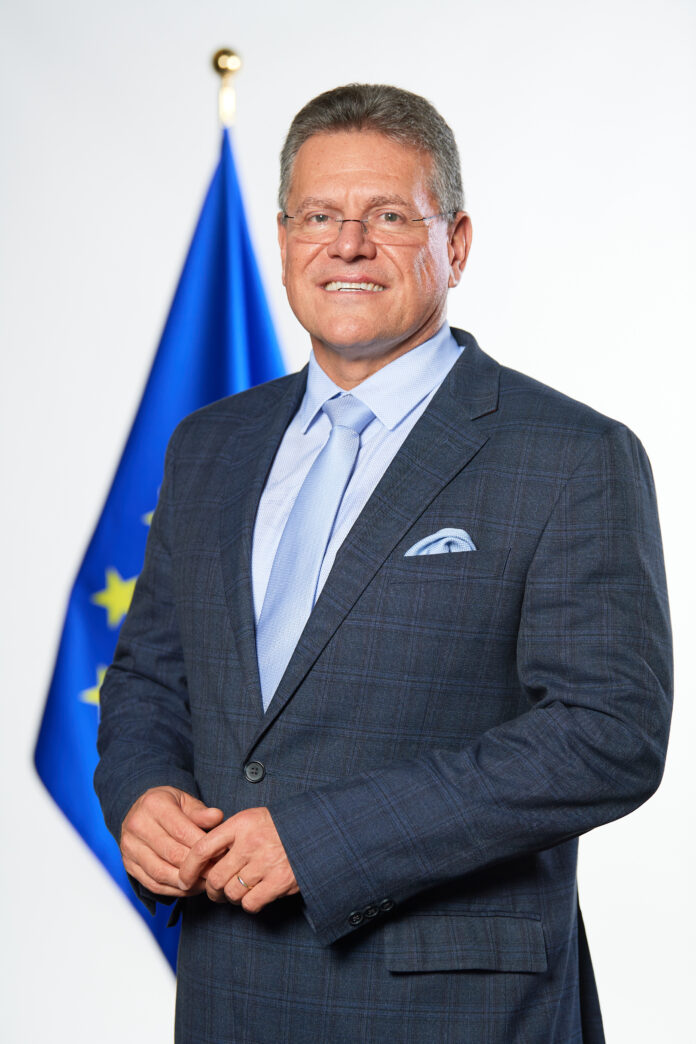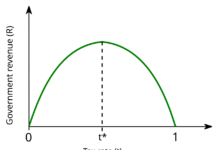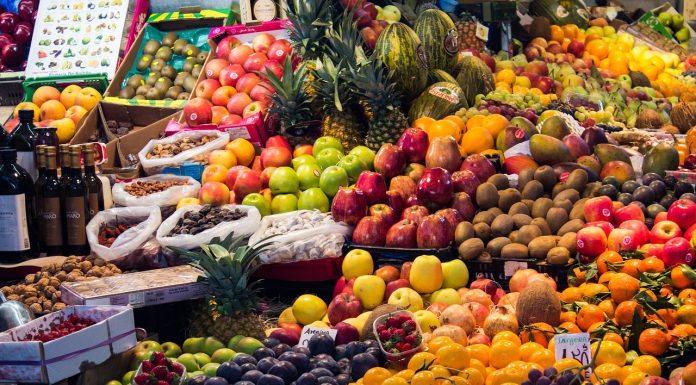
Recently, the EU has achieved some progress when it comes to opening up its global trade, to offset the new trading barriers introduced by the U.S. Trump administration.
At the beginning of September, the European Commission finally launched the formal ratification process of the EU trade agreement with Latin American trade bloc Mercosur, thereby also unveiling emergency measures designed to address agricultural concerns meant to placate the likes of France. These measures allow suspending preferential treatment for agricultural imports from Brazil, Argentina, Paraguay and Uruguay in case volumes or market share surge by 10%, or if prices tumble by the same proportion.
“I believe that at this point, no one has an excuse for not ratifying the agreement with Mercosur,” Luis Planas, the Agriculture Minister of Spain, one of the Agreement’s strongest supporters, commented. His French colleague, Laurent Saint-Martin, however does not appear to consider the measures to be sufficient, merely describing the import caps as “a step in the right direction.”
A key factor is that Italy appears now prepared to agree the deal, meaning that France and its allies Ireland and Poland would not be able to muster the necessary votes in the Council of the EU to block the arrangement. As a result, it could be signed in December by the heads of state of Mercosur. As with EU-Canada trade deal CETA, the European Commission thereby wants the trade provisions to already enter into force provisionally.
That would be welcome, as the agreement goes way beyond agriculture. Recession-plagued European manufacturers would enjoy the removal of 35% levies on vehicles, 20% on industrial equipment, and 14% on pharmaceutical products. European farmers should thereby realise that beef imports from Mercosur would still be capped at 1.5% of EU output as poultry imports would be capped at 1.3%.
A trade deal with the world’s fourth most populous economy
A second great success is the EU’s brand new trade deal with Indonesia, one of the economic power houses of South East Asia, following nine years of negotiation. This so-called “Comprehensive Economic Partnership Agreement (CEPA)” still needs to be ratified by EU member states, but it offers European companies the prospect to sell more cars, chemicals, and agricultural products to the world’s fourth most populous country. The pact deal would slash 98% of tariffs on both sides.
Hosuk Lee-Makiyama, director of the European Centre for International Political economy (ECIPE) and a former diplomat, told Euractiv that “it is by far the most ambitious FTA (free trade agreement) that the Indonesians have agreed to,” adding that concessions go beyond the EU-Mercosur agreement.
Geopolitics trumps deforestation as Brussels seals Indonesia trade deal https://t.co/S7O6n5uAUB pic.twitter.com/xdbY8duili
— Euractiv (@Euractiv) September 22, 2025
A major EU concession is that the EU-Indonesia deal includes a zero tariff rate for palm oil, within a limited quota. During the first von der Leyen Commission, this would have never been conceded, given how then, the EU’s new deforestation rules were introduced. These require exporters of cocoa, coffee, soy, palm oil, beef, and related products to demonstrate that the land used in production has not been subject to deforestation since the end of 2020.
This badly soured the relationship between the EU and South-East Asian palm oil producers like Malaysia and Indonesia. Malaysia for example considers it unfair that their imports are classified as “standard risk”, as opposed to the U.S. “low risk” classification, especially given that deforestation in countries such as Malaysia has greatly improved, with NGOs acknowledging a reduction of 13 per cent last year.
The concessions the EU made in its new trade deal with Indonesia, which recently also won WTO cases against EU renewable energy restrictions on imports of crop-based fuels from Indonesia, follow another major EU concession to Malaysia: only a few weeks ago, the EU decided to recognize the Malaysian Sustainable Palm Oil (MSPO) certification as a credible standard that can facilitate compliance with EU’s new deforestation regulation.
Not long after the EU-Indonesia deal was announced, another big announcement came from the European Commission: it will delay the launch of the EU anti-deforestation regulation for a second time, again for another year, meaning these burdensome bureaucratic rules are now only scheduled to come into force from 2027, instead of 2026. Even if some have linked this issue to the EU-Indonesia talks, others claim it is due to pressure from the United States, which had already secured large exemptions from it, but remains dissatisfied.
Whatever the reason, the fact of the matter is that these new bureaucratic hurdles for importers come with lots of double standards in the EU’s classification system, as trading partners are not being treated equally. The only solution is for the EU to scrap the contested regulation altogether. Trade should not be abused for imposing all kinds of specific policy choices upon trading partners. At least, it is welcome to witness the EU going into the right direction.
A key reason for this is the greatly reduced appetite for green policies in Europe. Green NGOs are obviously less than happy with this, but across the West, they are on the losing side. The days of massive green dominance over Western policy making seem to be over. Greenpeace for example, was condemned to a massive 667 million U.S. dollar fine in March in the United States, for its tactics to obstruct a new pipeline. The NGO is now aiming to get back at the energy company behind it by suing it in the Netherlands, claiming it is the victim of a SLAPP case, but of course, SLAPP cases are lawsuits conducted in a frivolous manner, to intimidate NGOs or journalists. Greenpeace’s loss – decided by a jury – is in itself proof that it wasn’t frivolous. At the EU level, massive EU-subsidies to lobbying NGOs have turned into a great controversy, while in opinion polls, green political parties are struggling badly across the continent. Trade policy is now also being liberated from their influence, after the EU’s global standing in trade has been diminished by it.
We are not there yet
Despite the progress, the EU still has a long way to go to restore its status as a trade powerhouse. European Trade Commissioner Maroš Šefčovič deserves credit for having closed the deal with Indonesia, but recently, he also had to admit that the negotiations with India are “extremely challenging,” due to differences over car market access and agriculture, even if many agricultural products have simply been left out of the talks. Complicating the matter is US President Trump’s demand for the EU to impose tariffs on India over its purchasing of Russian oil, as India’s recent participation into a military exercise with Russian and Belarusian troops isn’t making things any easier.
‘Big challenge’: Šefčovič plays down hopes for swift EU-India trade pact https://t.co/umsEyJknG6 pic.twitter.com/u8hg8hDjw0
— Euractiv (@Euractiv) September 19, 2025
In 2023, the talks between the EU and Australia failed, partly over the EU’s refusal to make concessions over greater access to the EU market for Australian beef, sheep, dairy and sugar. Then, the Australian government accused the EU of being “a very protectionist market when it comes to agriculture”. One of the reasons Australia was so keen to close the deal was its “trade diversification” strategy, as the country wants to avoid excessive economic dependence on China. Just like with India, also here, geostrategic reasons dictate it should be a priority for the EU to try to agree a trade deal, even if it only is a modest one.
The European Commission also approveda trade deal with Mexico at the beginning of September. Furthermore, EU Trade Commissioner Šefčovič is accelerating trade negotiations with the Philippines, Thailand and Malaysia, while urging Vietnam to lift administrative barriers on EU goods. The EU is also looking at “potential enhanced cooperation” with members of the Comprehensive and Progressive Agreement for Trans-Pacific Partnership (CPTPP). The European Union will look to restart stalled talks with the U.S. to lower tariffs on steel and aluminum exports. A digital trade agreement between the EU and Singapore was also signed in May.
Slowly but surely, the EU is getting back into shape again when it comes to opening up external trade.












